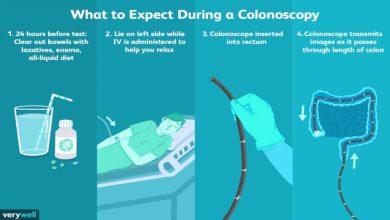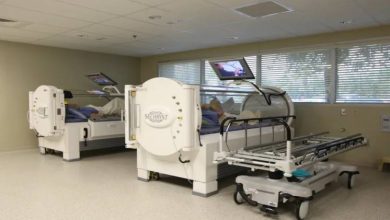Conditions That Regenerative Medicine can Treat

Regenerative medicine uses various techniques to repair or replace damaged or diseased cells, tissues, or organs. It can potentially change how many diseases and conditions are treated. Tampa regenerative medicine offers new hope for people with incurable conditions or inadequate treatments.
Some potential benefits of regenerative medicine include the following:
- Tissue and organ regeneration: Regenerative medicine can help repair or replace damaged or diseased cells, tissues, or organs, which can improve function and quality of life for patients.
- Reduced reliance on medication: With regenerative medicine, patients may reduce or eliminate their dependence on drugs, which can improve their overall health and well-being.
- Minimally invasive procedures: Many regenerative medicine therapies are minimally invasive, which means they are less likely to cause complications and require less recovery than traditional surgery.
- Personalized medicine: With regenerative medicine, treatments can be tailored to the individual patient’s specific needs, improving the chances of a successful outcome.
Some of the most promising areas of regenerative medicine include:
- Stem cell therapy involves using stem cells to repair or replace damaged or diseased cells or tissues. Stem cells are undifferentiated cells that can develop into many different types of cells in the body.
- Tissue engineering involves using cells and other materials to create new tissues or organs in the lab, which can then be transplanted into the body to replace damaged or diseased tissues.
- Gene therapy: This involves using genetic material to treat or prevent disease. For example, scientists may use gene therapy to replace a defective gene causing a particular disease.
- Platelet-rich plasma therapy (PRP): This procedure uses a patient’s blood to extract and concentrate platelets, which are then injected into the patient’s body to promote healing and tissue regeneration.
Regenerative medicine is being studied for the treatment of a wide range of conditions, and some of the most promising areas of research include the following:
Musculoskeletal conditions
It refers to disorders affecting the body’s muscles, bones, joints, tendons, ligaments, and other connective tissues. Some examples of musculoskeletal conditions that are being studied for treatment with regenerative medicine include:
- Osteoarthritis: A degenerative joint disease that causes the cartilage in the joints to wear down, leading to pain and stiffness. Stem cell therapy, platelet-rich plasma therapy (PRP), and tissue engineering may help repair or regenerate the damaged cartilage.
- Tendinitis: Inflammation of the tendons, which can cause pain and stiffness. PRP and stem cell therapy may help reduce inflammation and promote the healing of the tendons.
- Ligament and muscle injuries: Sprains and strains can be treated with stem cell therapy and tissue engineering to help repair and regenerate the damaged tissue.
Blood disorders
refer to a group of conditions that affect blood cells’ production, function, or lifespan. Some examples of blood disorders that are being studied for treatment with regenerative medicine include:
Leukemia: A type of cancer that affects the blood and bone marrow, causing the production of abnormal white blood cells. Stem cell therapy may be used to replace abnormal cells with healthy ones.
- Lymphoma: A type of cancer that affects the lymphatic system, causing the production of abnormal lymphocytes. Stem cell therapy and gene therapy may replace abnormal cells with healthy ones.
Consult your doctor at LeHeal Biogenix to know if regenerative medicine can help.





